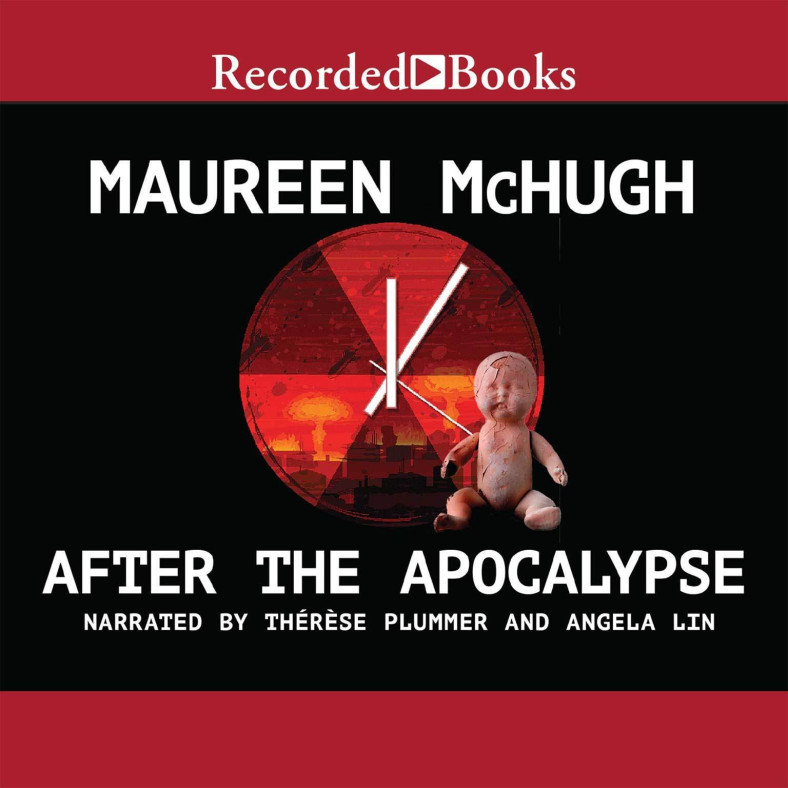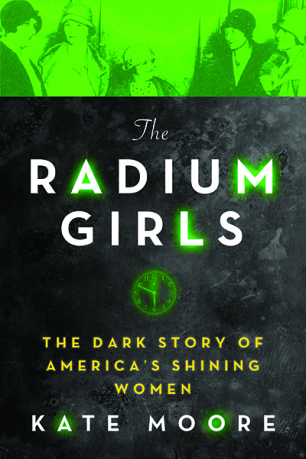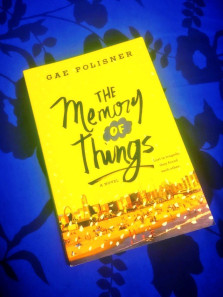 I had a revelation after reading this book. In mystery novels, the problem that needs to be solved is never as interesting to me as the problem solvers. Winspear’s first in her “Maisie Dobbs” series splits problem and problem solver in a way that made that clear to me. Is that common? I’m pretty sure that is why, when asked if I enjoy mystery novels, I generally say no, but my read list on Goodreads tells a different tale.
I had a revelation after reading this book. In mystery novels, the problem that needs to be solved is never as interesting to me as the problem solvers. Winspear’s first in her “Maisie Dobbs” series splits problem and problem solver in a way that made that clear to me. Is that common? I’m pretty sure that is why, when asked if I enjoy mystery novels, I generally say no, but my read list on Goodreads tells a different tale.
Maisie Dobbs is the only child of a working class family in early 1900’s London. When her mother dies, her father enters her into service for a wealthy family in Belgravia. After discovering the family library while on her coal fire rounds, the precocious and resourceful thirteen year old begins waking up at 3am each day to sneak into the library to read. It gets a little Eliza Doolittle from there. Maisie is caught in the act by the family matriarch who recognizes her brilliant mind and introduces Maisie to a family friend, Maurice Blanche. Blanche is a forensic scientist who serves as a cerebral Professor Higgins type (creepy and superior but without the sexual tension) and Maisie’s education commences. While still working in the household, Maisie studies philosophy, logic, and psychology and eventually makes her way to Oxford. While studying there, the first World War breaks out, and Maisie joins the Red Cross to nurse the wounded in France. After the war, she returns to England to finish her studies and begins working as a private investigator. Hired to tail a possibly unfaithful wife, Maisie undertakes a job which leads her to the mysterious death of a wounded soldier and a shady “retreat” for troubled and scarred veterans. Her investigation ultimately unearths her own wounds from the war, allowing her to confront her own past.
The book is divided into thirds. The first part sets up the main players and the mystery at hand. The second part steps back in time to flesh out back stories and the third picks up the mystery thread to its conclusion. I found the disjointed time line to be jarring. The narrative of the first third of the book is stopped cold as the second third of the book (which was the most compelling) jumps back in time to connect the dots of Maisie’s personality. Once Maisie’s motivations are mostly fleshed out, the story dumps the reader back to the mystery and wraps up with the conclusion. If the narrative had started with Maisie’s back story and developed the characters BEFORE moving into the heart of the mystery, the book would be a solid 4 stars for me. The build up to the end would have been so much more satisfying.
Maisie’s ability to step into someone’s shoes to understand who they are and to empathize with their problems was palpable. Several times in the book, she literally assumes the posture of the people she is questioning in order to feel how they feel and gain insight into their situation. I know, sounds hokey, but I found those moments to be fascinating. The whole study of people’s motivations and how they came to be who they are is much more compelling here than the relatively quick wrap up of the mystery. Problem solver MUCH more interesting than the problem.
For those of you who have read and continued on with the series…worth it? I really enjoyed Maisie’s character but I’m not sure if that’s enough to warrant charging ahead.
Check out Cannonball Read 10. Lots of reviews from lots of good people and all for a good cause.
Advertisements Like this:Like Loading... Related





